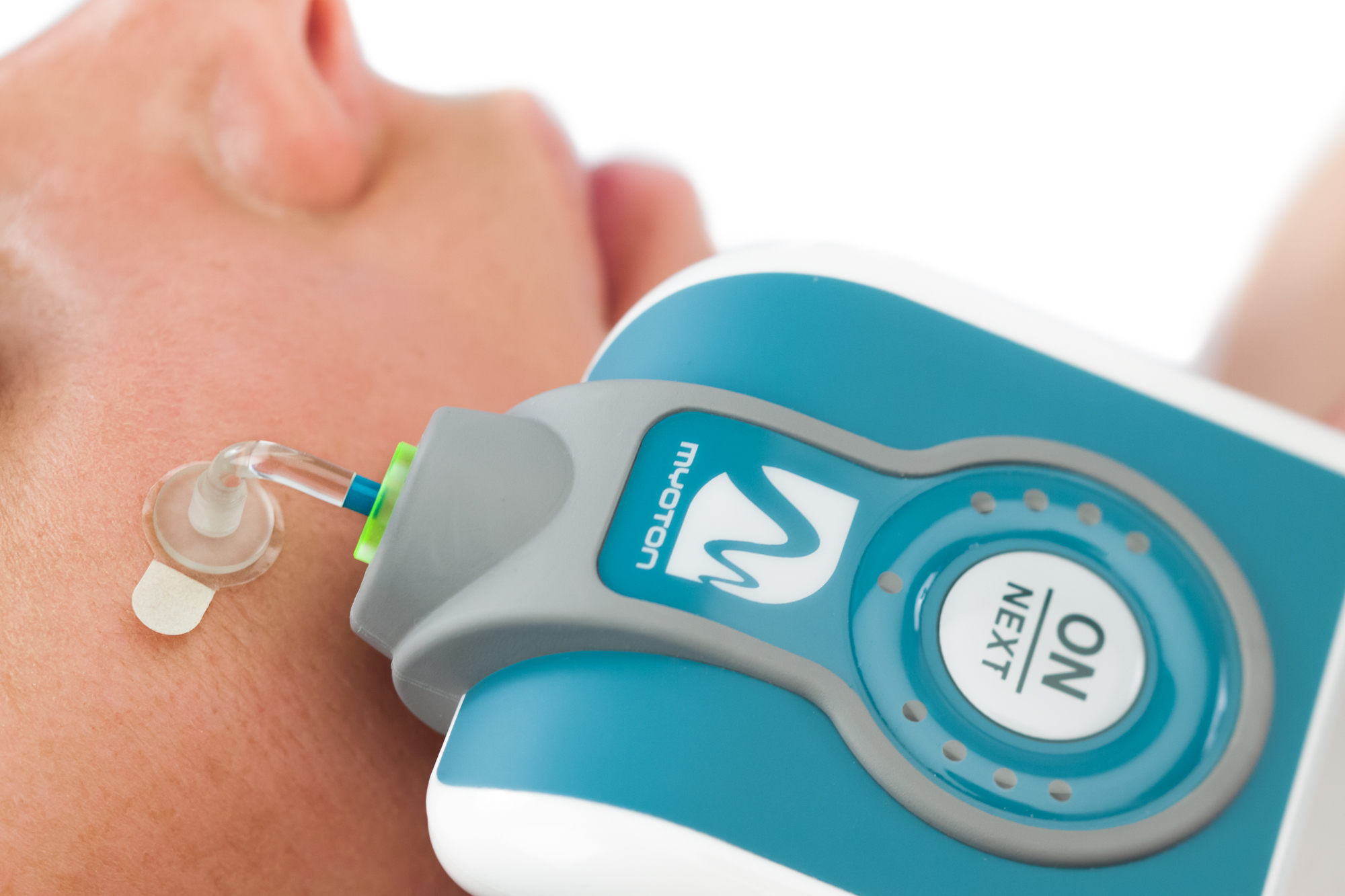Publications

Comparison of different MyotonPRO probes for skin stiffness evaluation in young women
Authors: Katarzyna Rosicka 1, Barbara Mierzejewska‐Krzyżowska 1, Włodzimierz Mrówczyński 2
Affiliations:
- Department of Biological Sciences, Faculty of Physical Culture in Gorzow Wlkp., Poznan University of Physical Education, Gorzow Wlkp., Poland
- Department of Neurobiology, Poznan University of Physical Education, Poznan, Poland
Journal: Skin Research & Technology - May 2021, Volume 27, Issue 3, Pages 332-339 (DOI: 10.1111/srt.12946)
-
Field & Applications:
- Medical
- Skin / Dermatology
- Reliability
Background: Stiffness of skin is widely used parameter in many research areas, for example cosmetic industry, dermatology or rheumatology for assessing of skin condition as well as changes occurring in skin. In this pioneering study, we conducted measurements of skin stiffness using MyotonPRO —novel tool, which was mainly used to evaluate biomechanical properties of muscles, ligaments and tendons. We expected that MyotonPRO, which shows great reproducibility in previous studies, will also be able to measure skin stiffness.
Materials and methods: Four replaceable probes designed by MyotonPRO (L‐shape short and medium arm, standard cylindrical flat‐end probe and the same standard probe with disc attachment ) were tested for measurement of skin stiffness in young women (30 healthy females) at three different locations (clavicula, volar forearm and shin).
Results: There was no significant difference between stiffness values obtained with L‐shape short and L‐shape medium arm probes in all investigated areas. Stiffness values recorded by regular probe and regular probe with disc attachment differ significantly from those collected with L‐shape probes. There was also significant difference between values of stiffness obtained by standard with disc attachment and standard probes.
Conclusion: Both L‐shape probes show a great reliability for skin stiffness assessment. Therefore, MyotonPRO can be considered a reliable device for assessing skin stiffness.
Keywords: biomechanical properties, MyotonPRO, skin, stiffness

Photo: Measurement of the facial skin with the MyotonPRO device equipped with L-shape skin probe.
In order to confirm usefulness of MyotonPRO in assessing skin stiffness in human, values of this parameter, recorded by four different, replaceable probes designed by the MyotonPRO , were compared in three different locations (clavicula, volar forearm and shin).
It was demonstrated that both L‐shape probes (short and medium arm) show greater reliability for assessment of skin stiffness. In addition, medium arm L‐shape probe can be considered as more convenient probe for clinical use due to longer arm, which provides better access to the tested area.
In summary, all different probes of MyotonPRO have the ability to assess the stiffness of relevant tissues. Hence, MyotonPRO can be initially considered as a reliable device for measuring stiffness of biological tissues including skin tissue.
However, to make sure that the device is reliable, other parameters obtained by Myoton PRO (such as skin oscillation frequency, logarithmic decrement, relaxation time and creep) should be analysed not only on women but also on a representative group of men in the future. In addition, further guidelines should be established for an appropriate skin stiffness assessment protocol regarding proper positioning of L‐probes on the skin (across or along Langer’s lines).
We hope that our pioneering research is the first step to validate as a skin biomechanical properties assessment device that will contribute to its wider use in the future.


